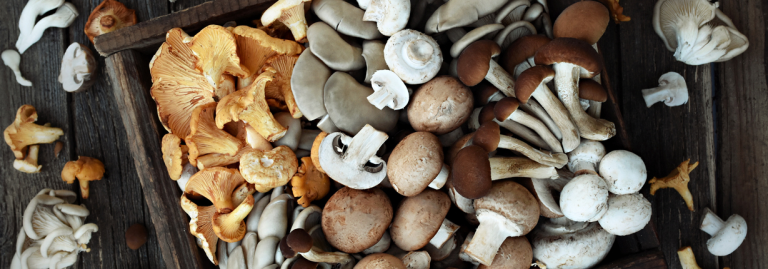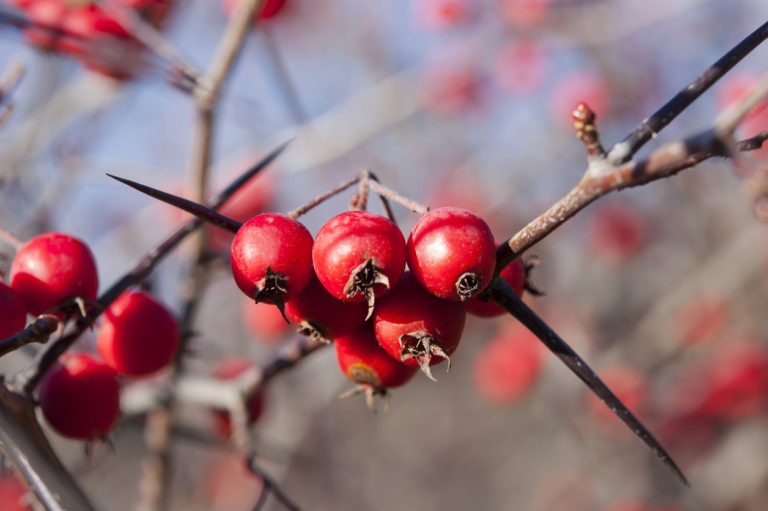Eat with the Seasons- Late Summer
Five Element Theory in Chinese Medicine describes the relationship among the elements and has implications for many aspects of health. I love this concept as it relates to diet and eating with the seasons.
Late summer, also known as the “fifth season,” is a unique period in TCM theory, and it corresponds to the transition between summer and autumn. This season is associated with the Earth element and is represented by the Spleen and Stomach meridians. The Earth element governs digestion, assimilation, and overall nourishment of the body.
This is a time to be especially conscious of both the type and volume of food you eat.
The pathogen of damp-heat is prevalent during this season so you may notice the following symptoms:
- Bloating
- Impaired digestion
- Feeling over-full
- Low-grade fever
- Headache (heavy headedness)
- Fatigue/malaise
Some dietary guidelines for this season include:
Nourishing and Moistening Foods: Opt for foods that nourish and moisten the body, such as soups, stews, and congee (rice porridge). These dishes are usually cooked for a longer time with moderate amounts of water and can be infused with herbs that aid digestion.
Cooked and Warm Foods: Raw and cold foods should be minimized during this season, as they can weaken the digestive system and lead to dampness accumulation.
Earth-Toned Foods: In TCM, the color associated with the Earth element is yellow. Incorporate earth-toned foods into your diet, such as sweet potatoes, squash, and carrots. These foods are rich in nutrients and are believed to be beneficial during late summer.
Moderation and Balance: Avoid overeating or consuming heavy, greasy, and overly sweet or spicy foods. Moderation is key to maintaining balance in the body during this season.
Herbal Support: Certain herbs and spices can be added to meals to enhance digestion and counteract dampness. For example, ginger, cinnamon, and cardamom are known for their digestive benefits and warming properties.
Hydration: While dampness is to be avoided, it’s still essential to stay adequately hydrated. Drink warm or room temperature water and herbal teas, avoiding excessive amounts of cold beverages.
To prevent the common TCM diagnosis of “damp heat” during late summer, it’s essential to avoid foods that contribute to excessive dampness and heat in the body.
These foods include:
Dairy and Fatty Foods: High-fat and greasy foods are believed to promote dampness and heat accumulation in the body.
Sugary and Sweet Foods: Excessive sugar consumption can create an environment of dampness and heat.
Spicy and Fried Foods: These foods can contribute to internal heat and dampness and should be limited.
Cold and Raw Foods: As mentioned earlier, consuming too many cold and raw foods can weaken the digestive system and lead to dampness accumulation.
While each of us has unique dietary needs, consider the above guidelines during from late-July through early-September.
If you have specific questions about which supplements will support your digestive health or how acupuncture can help you, please contact us via our website. You can also learn more about our team at Peninsula Acupuncture and what we treat.







